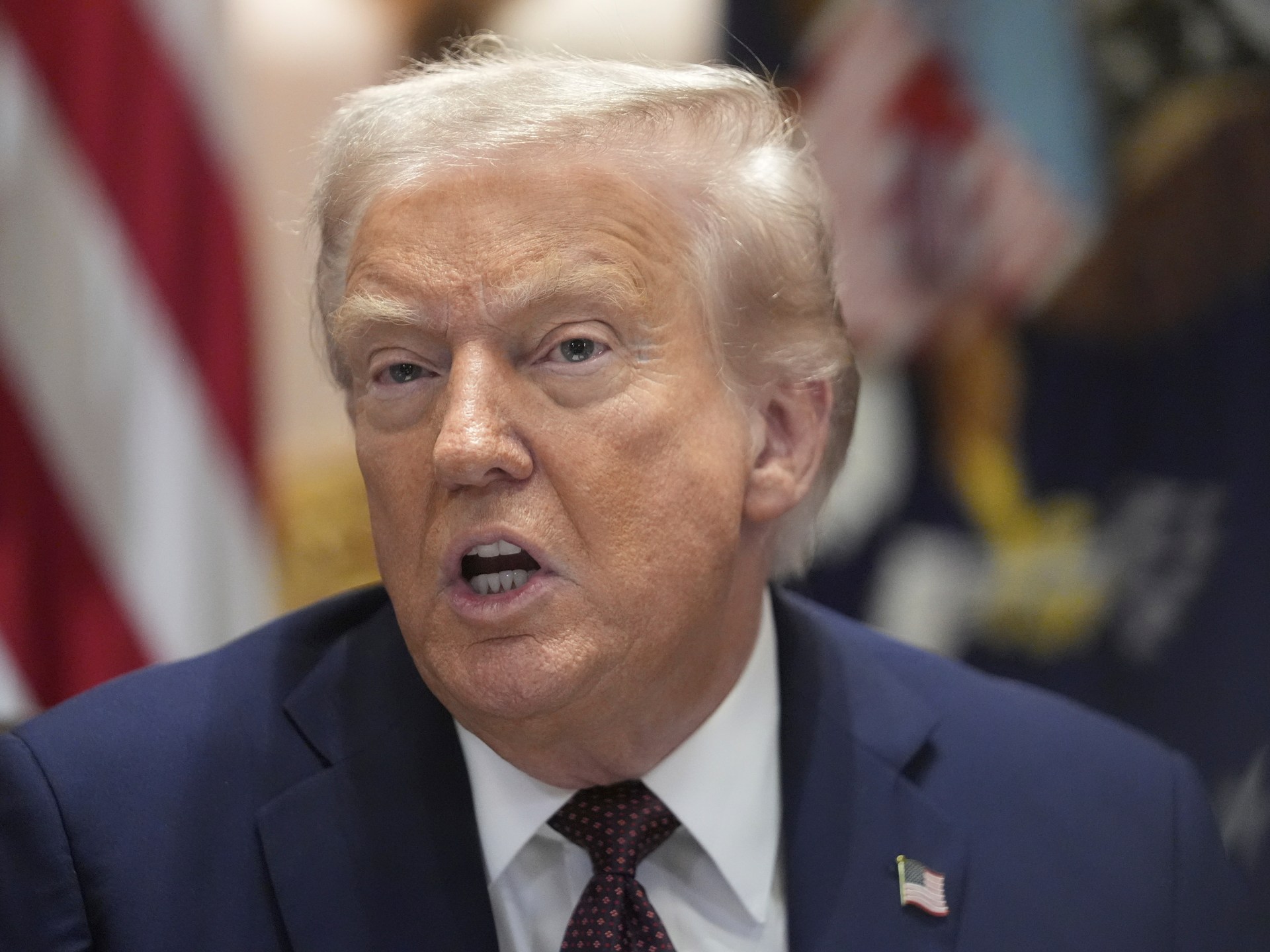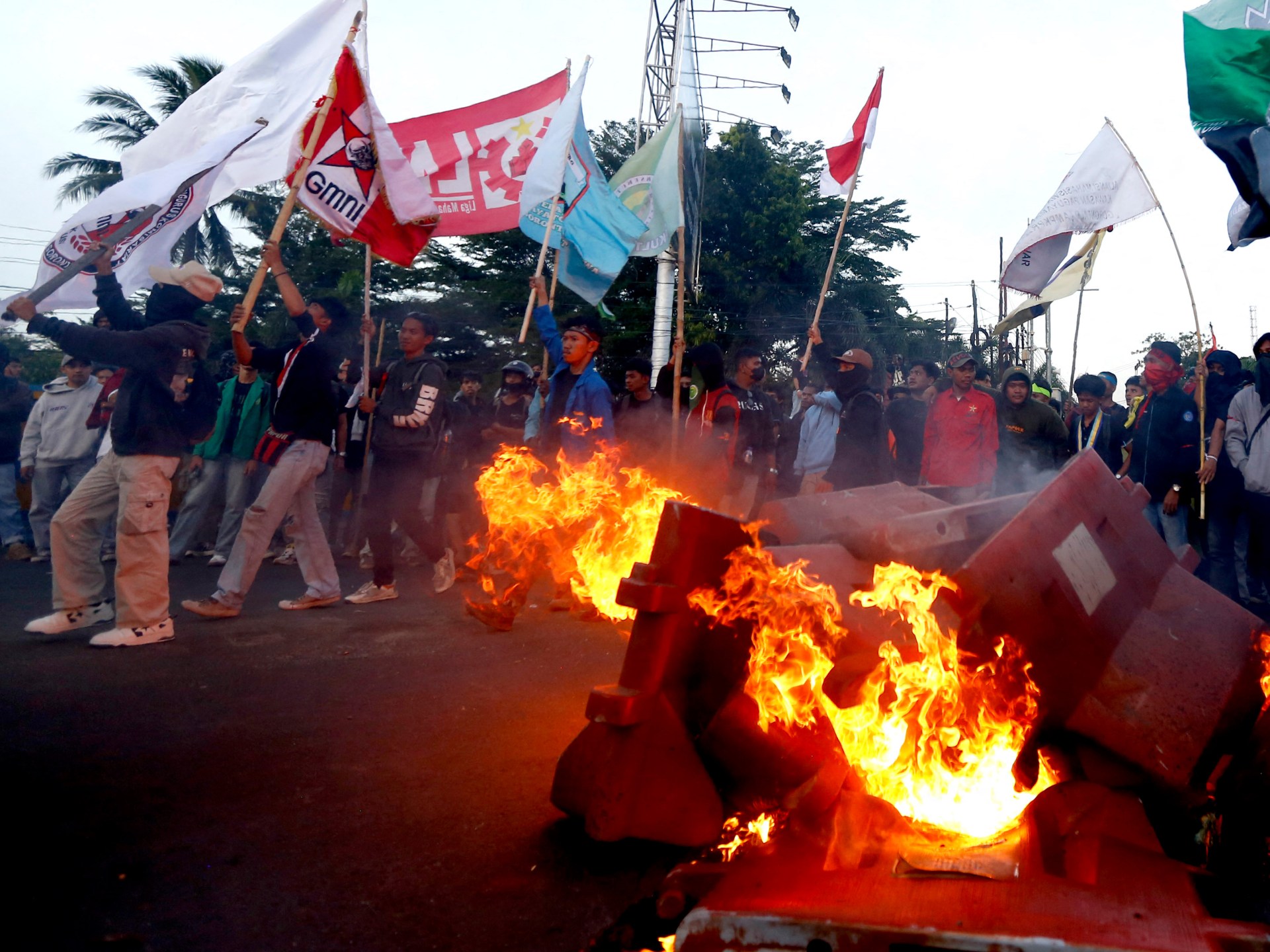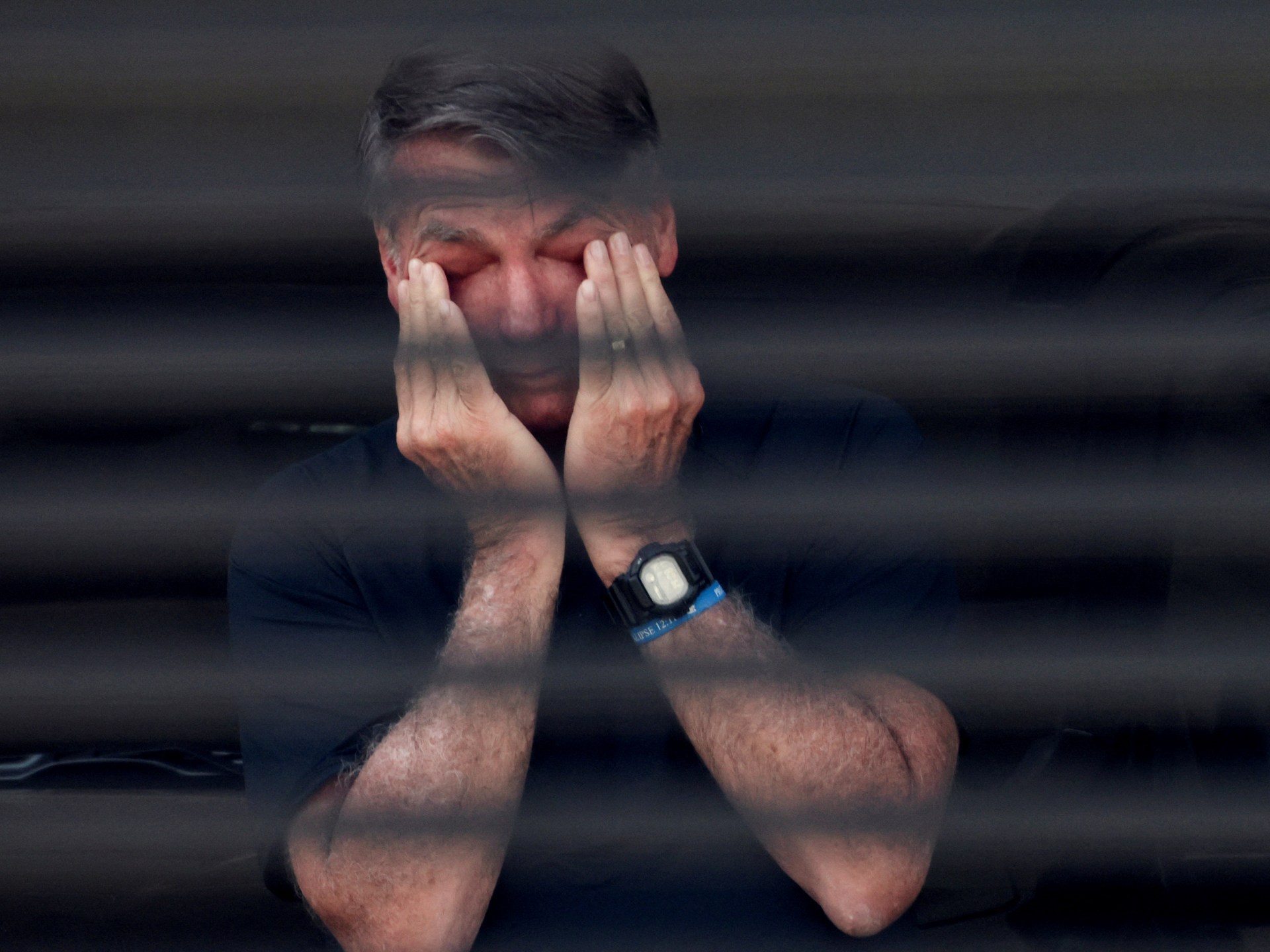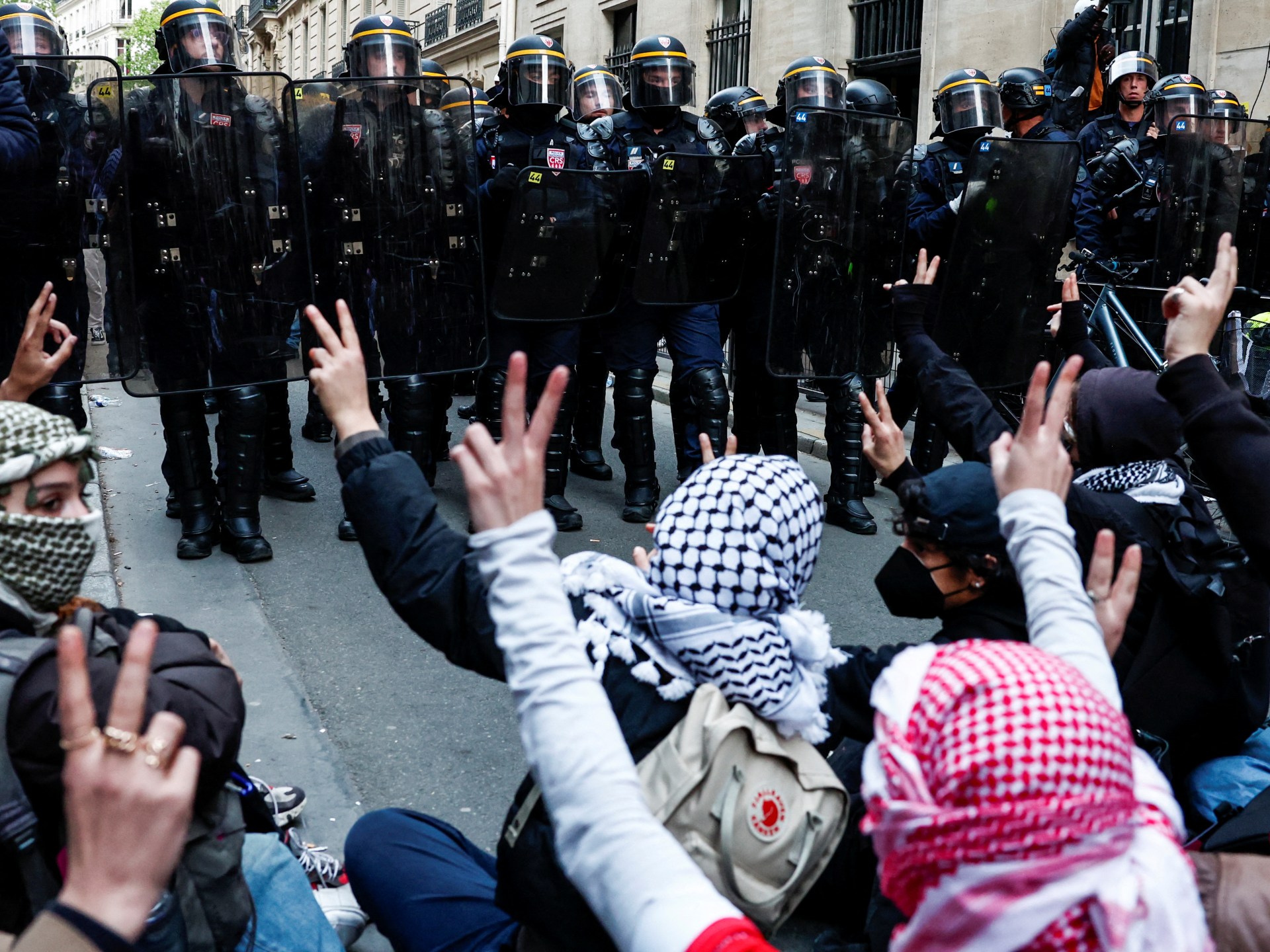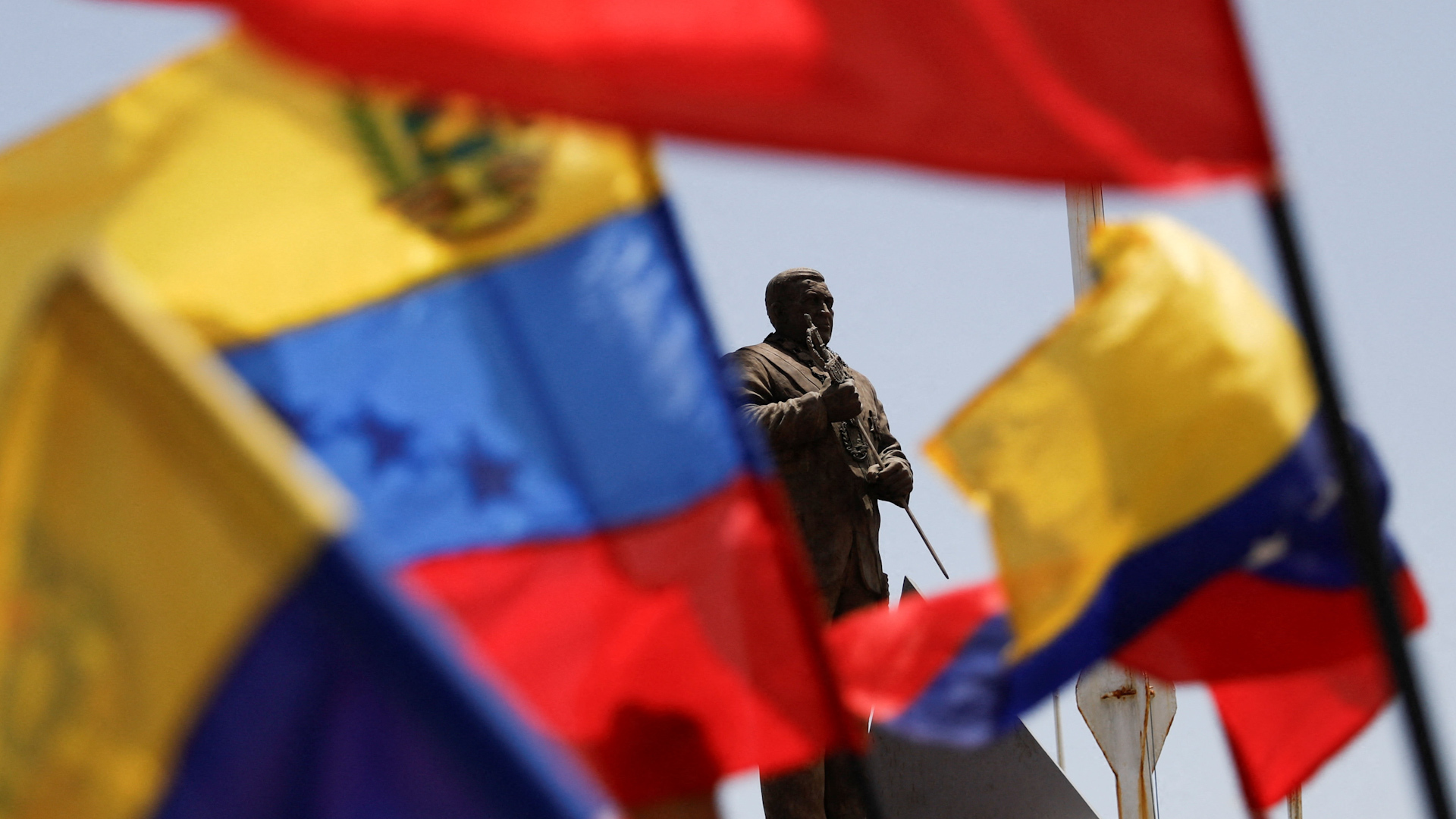President Donald Trump’s use of the military to thwart protests in California was deemed unlawful by a federal judge in the country.
Judge Charles Breyer, who is a member of the US District Court in Northern California, issued an injunction on Tuesday to stop the deployment, but it won’t go into effect until September 12 and no service members will be removed without notice.
Breyer claimed that Trump’s deployment to Southern California was “unprecedented.” He also questioned Trump’s justification for claiming that the protests were a “rebellion” that needed to be ended.
According to Breyer, “There were protests in Los Angeles, and some people acted violently.”
There was neither a rebellion nor a law enforcement presence in the area who could enforce the law.
The outcome of the lawsuit Newsom v. Trump, named for California Governor Gavin Newsom, whose administration filed the lawsuit in June, was announced.
Posse Comitatus Act violations
One of Trump’s most recognizable critics has come out, and Newsom has been suggested as a potential Democratic Party candidate for the 2028 presidential election.
According to him and the attorney general of California, Trump’s decision to send 700 US Marines and nearly 4, 000 National Guard troops to the Los Angeles area in June was against the Posse Comitatus Act, which forbids the use of the military for law enforcement purposes.
With the unprecedented and unlawful federalization of the California National Guard and the influx of military personnel into our communities, the Trump administration far overstepped its bounds, according to Bonta in a June article.
Judge Breyer largely concurred with that assertion in Tuesday’s 52-page decision, finding that Trump had actually overstepped his authority.
Breyer criticized the Trump administration, noting that “Defendants willfully violated the Posse Comitatus Act”.
The Posse Comitatus Act prohibits the military from performing twelve functions, which defendants knowingly contravened their own training materials.
Breyer criticized the Trump administration’s “top-down” strategy as a “complete sidelining of state and local authorities,” adding that it was “complete sidelining of local and state authorities.”
For the first time since 1965, a president has federalized National Guard troops deployed to a state without the governor’s approval to quell unrest.
Under President Lyndon B. Johnson’s administration, there was a previous time when troops were deployed to Selma, Alabama to protect civil rights protesters from violence.
Deportation protests are a compulsion.
In response to Trump’s strong-armed approach to immigration enforcement, which resulted in workplace raids occurring all over California, protests erupted in and around Los Angeles.
Trump has pledged to carry out the “largest deportation programme” in US history, but critics worry that his treatment of immigrants is inhumane and puts them in danger.
Trump issued a memo on June 7 to acclimatize the state’s National Guard, ostensibly to protect federal property as the protests grew in Los Angeles.
He defended his actions by contrasting the protests with a rebellion.
According to the memo, “to the extent that protests or violent acts directly impede the enforcement of the laws, they constitute a form of rebellion against the United States’ government’s authority.”
However, Newsom and Karen Bass, the mayor of Los Angeles, quickly denounced the decision and claimed that the troops had exacerbated the protests rather than stopped them.
According to a statement released at the time, “the federal government is now using the military against American citizens.” Donald Trump acts like a tyrant, not a president, according to the statement. We request that these unlawful actions be immediately stopped.
At least 300 National Guard service members are still stationed in Southern California while Trump is in charge, according to Breyer, who noted that the federalization was supposed to last for 60 days.
Additionally, according to Breyer, Trump has threatened to send federal troops to other states, including Chicago, Illinois, a metropolis in the Midwest.
He cited Trump as saying to his cabinet in August that he had the authority to “do anything I want.” The United States has its own president. I have the ability to do it if I believe our nation is in danger and that these cities are in danger.
However, Breyer claimed that the US Constitution’s separation of powers does not apply to that perspective.
Breyer explained that the title “the president is the commander in chief” only becomes effective when the military is called into service, and that Congress, not the president, has the “bulk of the federal authority over the military.”
According to Breyer, “There is little support in the US’s founding era] for an inherent constitutional authority for the President to summon the militia or use the military in general to carry out the laws.”
The judge referred to as a “conflict of interest” the Trump administration’s claim that the executive branch should decide the Posse Comitatus Act’s limitations.
Trump wants to deploy to Chicago.
Judges have been repeatedly accused of bias against the Trump administration’s immigration policy.
The injunction against the troop deployment in California is only allowed by Breyer’s ruling, which runs until noon local time (19:00 GMT) on September 12.
The Trump administration can expect to appeal after this pause. Otherwise, the injunction would prevent the soldiers from engaging in crowd control, crowd control, and other forms of law enforcement that are normally prohibited by the Posse Comitatus Act.
Trump’s ambitious claims to presidential authority are hampered by Tuesday’s ruling, but the president has vowed to send troops there on a similar mission.
He declared on social media on Tuesday morning, “Chicago is by far the worst and most dangerous city in the world.” “I’ll solve the crime issue right away, just like I did in DC,” he said. Chicago will once more be in good health soon. “MAKE AMERICA GREAT AGAIN”
Trump had already ordered the National Guard to patrol Washington, D.C. streets in August on the grounds that it was experiencing a “crime emergency.”
Due to the US government’s greater authority over the capital district, federal law, however, largely allows this deployment to occur in Washington, D.C.
However, according to critics, a deployment to Chicago would likely raise many of the same constitutional issues as Southern California did.
Trump’s military exercises to combat crime have primarily targeted Democratic-led cities so far. Trump is a Republican in his own right.
Governor Newsom applauded Tuesday’s decision as a response to the president’s overreach, which has been repeated on social media in recent weeks.
